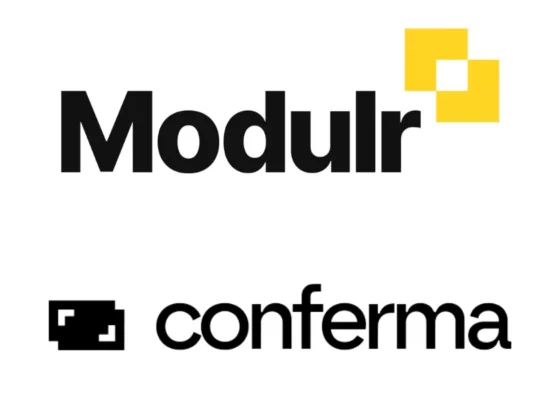
Airbnb has decided to simplify the booking process on its platform by removing the passenger service charge. Until now, the American company had been proposing a default model for the payment of service fees. Both the traveller and the host were required to contribute to these costs. Now hoteliers and guests can decide to bear all distribution costs in order to keep control over the price displayed to the traveller when making a reservation. If you own a property rented on Airbnb, discover this new model that shakes up the traditional tariff formula.
Table of Contents
The current management of service charges on airbnb
When a traveller makes a reservation on Airbnb, a service charge will appear on their bill. These costs are directly related to the reservation of the rental and serve to amortize the platform’s operating costs. Currently, service fees are charged to both parties: the owner of the accommodation and the traveller.
� The host service fee is 3% of the subtotal of the reservation (price per night + costs for an additional traveller + cleaning costs). They are deducted from the amount paid to the landlord.
� The travel service fee can be up to 20% of the subtotal of the reservation. The amount varies according to the length of stay and the particularities of the accommodation.
The fee structure for the administration of service charges no longer appears to be appropriate to the needs of guests. Indeed, many expressed frustration with this model. By applying a travel service charge, guests feel they lose control over the final price displayed to guests when they make their reservation.
The host becomes solely responsible for service charges
Faced with the feelings expressed by accommodation owners, Airbnb had to find a solution to avoid losing its customers. For this reason, the platform has decided to abolish the travel service fee. From now on, the customer will no longer have to pay the traditional service charges when making a reservation. These costs are now borne by accommodation owners. To compensate for this elimination, host service fees are increasing from 3% to 14%.
This change in pricing structure will apply by default to new guests registered on the platform from June 4. This applies to owners of accommodation in Europe, the Middle East, Africa and Asia Pacific (excluding Japan). However, owners can change the settings and return to the shared service charge model. Guests already registered on Airbnb can also benefit from the new fee system. Thus, owners are free to choose the tariff formula that best suits the management of their rental.
The implications of this new pricing model
By charging a service fee only for guests, Airbnb is closer to the fee management applied by other online agencies. Booking, the leading online booking channel, has never charged a service fee to travellers. The same goes for Homes & Villas by Marriott International. The hotel giant has set up a new online accommodation rental service to compete with Airbnb. When making a reservation, no service charge appears on the traveller’s bill. Thus, by changing the way it manages fees, Airbnb intends to compete with the giants of the travel industry.
Raising host service fees can scare some owners. Airbnb states in a press release that it has already tested the new model with a number of guests around the world. The U.S. company is seeing an increase in the volume of bookings in certain regions. In addition, travellers can expect an increase in rental prices to offset the increase in service charges borne by guests.
Airbnb’s decision regarding the new management of service fees could have consequences for its IPO. A few weeks ago, Brian Chesky, managing director of the online booking platform said the company was ready to go public this year. The article published by Skift points out that this new pricing formula could have financial consequences. Indeed, the rate recovered by Airbnb on service charges falls from 25% to 14%. However, this observation must be qualified, as the volume of reservations on the platform should increase according to initial tests.
Following the decision to remove the traveller service charge, Airbnb shows its flexibility to adapt to the owners’ expectations. In view of the initial results, the new management of service fees is proving promising for the future. The group expects an increase in bookings and therefore higher revenues for both the platform and the guests and hoteliers. By offering the same billing system as its competitors, Airbnb can expect to gain some market share. However, it is not known how the competitors will react. It is only in the long term that we will see the real consequences of the decision taken by the American company.






